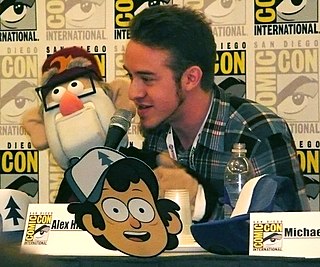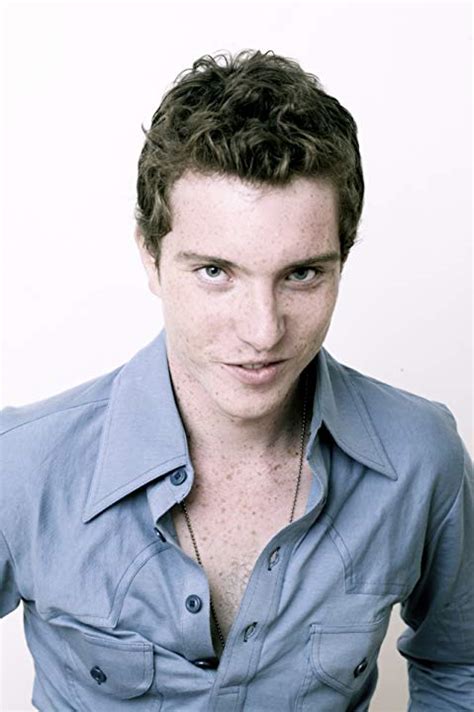A Quote by Carlos Ruiz Zafon
When everyone is determined to present someone as a monster, there are two possibilities: either he’s a saint or they themselves are not telling the whole story.
Quote Topics
Related Quotes
One thing that's a lot harder to put into stories than you'd think is the idea of a traditional monster, because monsters with a capital 'M' don't inherently lend themselves to a story about your character. Unless one of your characters is themselves the monster, simply having a monster leads to a chase or a hunt.
I think that people have to have a story. When you tell a story, most people are not good storytellers because they think it's about them. You have to make your story, whatever story it is you're telling, their story. So you have to get good at telling a story so they can identify themselves in your story.
I'm obsessed with this idea of storytellers and people who have a narrative, and sometimes sustain a relationship because they're telling a narrative and someone is listening to that. Often the nature of the relationship is determined by how well they tell the story, or someone else's ability to suspend disbelief, or infuse into their narrative something which they may not even be aware of.
My favorite monster has always been the zombie. They are so much fun. They can be scary, pathetic, sad, funny, tragic, even heroic. They are the most elastic monster because, even with all of that, they don't interfere with telling stories about the humans. They serve as threats and metaphors, but they allow the story to be about people.





































